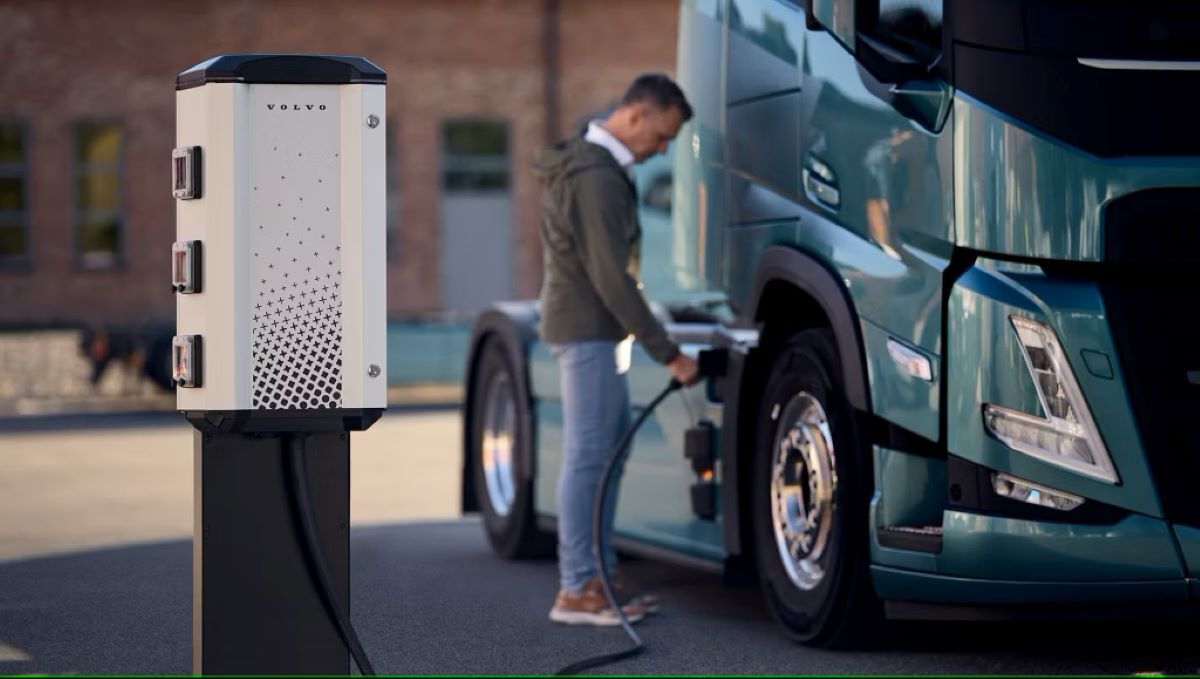Manufacturers Advocate for Reassessing EU Emission Targets
European vehicle makers and suppliers have voiced significant concerns regarding the current CO2 emission targets set for 2030 and 2035, urging the European Commission to engage in serious negotiations to revisit these goals. Their main message revolves around the need for a pragmatic, comprehensive approach that accounts for today’s industrial challenges and geopolitical landscape.
Changing Conditions Demand Policy Evolution
Since the original CO2 framework for road transport was adopted, drastic shifts in economic, industrial, and geopolitical factors have impacted the automotive sector. Manufacturers argue that pursuing ambitious climate targets should not come at the cost of undermining the competitiveness, social cohesion, and supply chain resilience of Europe’s automotive industry.
This sentiment underscores the necessity of adapting EU policies to current market realities, recognizing the complexities the industry faces from battery supply dependence to uneven charging infrastructure and elevated manufacturing costs.
Key Challenges Highlighted by Industry
- Batteries and Supply Chain: A heavy reliance on Asian suppliers for battery production has created vulnerability in Europe’s supply chain.
- Infrastructure Disparities: Uneven availability of charging stations across different regions slows electric vehicle adoption.
- Náklady pod tlakem: Rising expenses, including electricity prices and tariffs — notably a hefty 15% tariff on vehicle exports to the U.S. — stall industry transformation.
- Market Readiness: Electric vehicle share remains below the required threshold for cars, vans, and trucks, reflecting consumer hesitancy.
Consumer Incentives as a Boost for Transition
Industry leaders stress the importance of strong, long-term incentives to make alternative propulsion systems attractive to European consumers and businesses. These include:
- Lower energy costs for charging
- Buyer’s subsidies and tax reductions
- Urban access privileges
The push for a multi-technology approach also plays an important role. Beyond pure electric vehicles, hybrids, plug-in hybrids, and fuel cell vehicles should be part of the mix, easing market acceptance and helping meet decarbonization goals under real-world conditions.
Balancing Emissions Goals with Industrial Realities
The manufacturers advocate for a comprehensive strategy going beyond new vehicle emissions. Accelerating fleet renewal, expanding fiscal and purchasing incentives, especially for commercial vehicles, and addressing costs related to trucks and buses could dramatically improve outcomes.
Policy Recommendations for Sustainable Industry Strength
- Introduce flexible, market-driven regulations rather than relying solely on stringent mandates or penalties.
- Emphasize technology neutrality so multiple propulsion options can coexist and contribute to decarbonization.
- Podpora intelligent investments in critical supply chains such as batteries, semiconductors, and raw materials.
- Forge global alliances to reduce dependence on a limited pool of suppliers.
- Simplify regulations to reduce bureaucratic overhead, enabling manufacturers to focus resources on innovation.
Recognizing Broader Emission Factors
Efforts to reduce emissions shouldn’t stop at tailpipe outputs. Significant investments have been made to cut emissions during vehicle and part manufacturing. A more flexible, holistic framework could reward such initiatives, potentially including strategies like carbon capture and storage. This would help foster a robust value chain and promote eco-innovation.
Urgent Calls for Heavy-Duty Vehicle Emission Reviews
Aside from passenger cars and vans, emissions standards for trucks and buses require expedited review. Given their critical role in commercial transport, all stakeholders need clear, economically viable measures to encourage a green transition sooner rather than later.
Preserving Europe’s Automotive Competitiveness
The industry warns that without policies reinforcing Europe’s manufacturing capacity and technical expertise, innovation, quality employment, and supply chain stamina are at risk. The transition must safeguard these pillars to ensure the sector’s long-term success on the global stage.
Summary of Key Industry Messages
| Výzvy | Navrhovaná řešení |
|---|---|
| Battery supply dependence on Asia | Invest in local supply chains and global partnerships |
| Unequal charging infrastructure | Accelerate and equalize charging network expansion |
| High production and energy costs | Incentives for renewable energy and cost relief measures |
| Low electric vehicle market shares | Strong, consistent consumer incentives and multi-technology adoption |
| Regulatory complexity and inflexibility | Simplify rules; adopt technology-neutral, market-based policies |
The Road Ahead and Its Influence on Logistics
This evolving stance from European car manufacturers directly impacts logistics and freight considerations. Stricter emission policies shape vehicle fleets, affecting transport modes and parcel delivery. A more balanced, flexible regulatory framework could stabilize the supply chain, fostering reliable and cost-effective movement of goods and materials.
Services like GetTransport.com offer an ideal example of how logistics providers can adapt—offering affordable, global cargo transport that supports varied shipment types, from office relocations to bulky goods delivery—helping businesses navigate changing transport landscapes efficiently.
A Practical Look at Industry Realities
While industry reviews and analyses offer valuable insights, nothing beats first-hand experience. Utilizing platforms like GetTransport.com empowers shippers and movers to make informed choices without overspending or encountering surprises, thanks to transparent pricing and extensive options.
From handling international freight to coordinating local household moves, GetTransport.com merges convenience with affordability, making it easier than ever to tackle logistics challenges head-on. Rezervujte si jízdu s GetTransport.com dnes.
Conclusion: Navigating Emission Goals with Practicality and Innovation
The call by European vehicle producers to revisit the 2030 and 2035 CO2 targets reflects a broader need for balanced, pragmatic policies that pair climate ambitions with industrial realities. Success hinges on flexibility—embracing multiple technologies, expanding incentives, and safeguarding supply chains—to accelerate decarbonization without sacrificing competitiveness or social wellbeing.
This integrated approach benefits the logistics sector by stabilizing vehicle supply and transport conditions, ensuring reliable, efficient shipping solutions worldwide. GetTransport.com fits perfectly into this framework by offering versatile, cost-effective transport options tailored for today’s dynamic freight, parcel, and bulky cargo needs, simplifying logistics and supporting businesses through every shipment phase.

 European Vehicle Manufacturers Advocate for Revisiting 2030 and 2035 CO2 Emission Goals">
European Vehicle Manufacturers Advocate for Revisiting 2030 and 2035 CO2 Emission Goals">